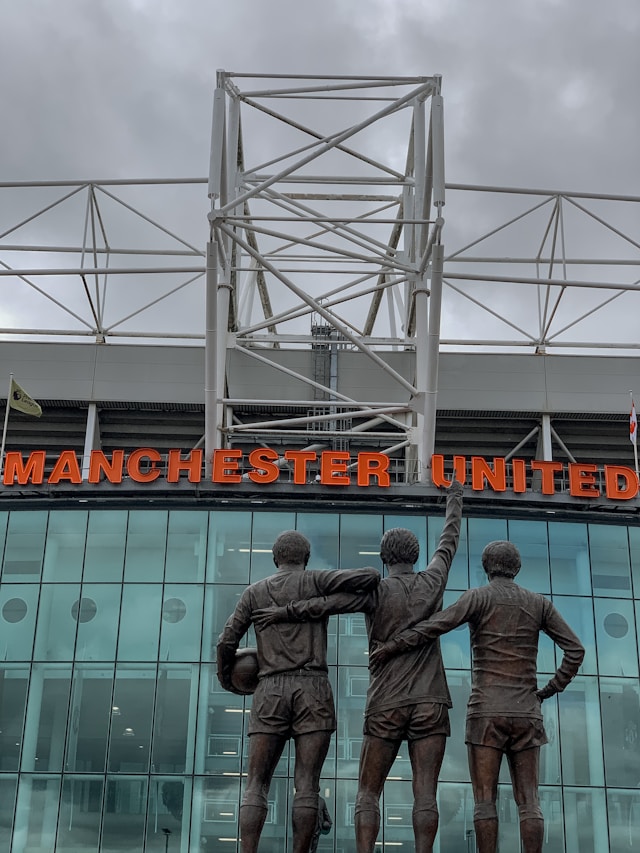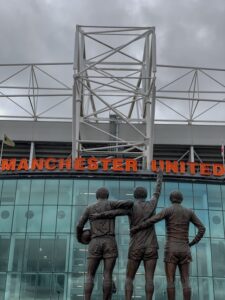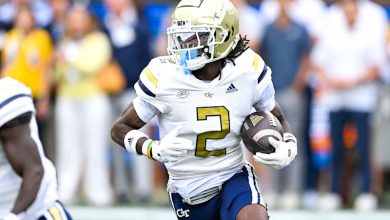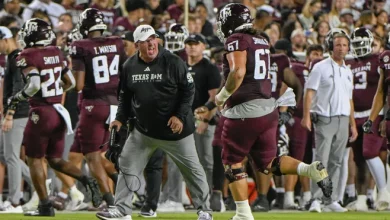Why Manchester United’s Academy Graduates Are Their Best Hope for the Future


Manchester United has always been known for producing great players through their youth academy. While many clubs spend huge amounts of money on transfers, United’s commitment to developing its own players is still an important part of the team’s identity. As the club moves forward, its future success might depend heavily on the players coming out of its academy.
Manchester United’s academy has a rich history of developing some of football’s biggest stars. In the 1950s, the Busby Babes were a group of young players who dominated the League, and in the 1990s, the Class of ’92 — players like Ryan Giggs, Paul Scholes, and David Beckham — led the club to numerous success. These players didn’t just win games; they built the club’s identity, showing what it means to work hard and be loyal to the team. This tradition of nurturing talent is a big part of what makes Manchester United unique.
Today, players like Marcus Rashford, Scott McTominay, and Alejandro Garnacho are evidence that United’s academy still produces top-quality talent. Rashford has become an important player for both United and England, while McTominay has become a solid midfielder who always gives his best on the field. Garnacho, a young rising star, has impressed with his fearless style of play and could solidify his place in the first team soon. These players prove that academy graduates continue to play an important role in United’s success.
Despite United’s tradition of trusting young players, the club has faced some challenges in recent years. Expensive signings, like Paul Pogba, Romelu Lukaku, and Jadon Sancho, didn’t live up to their expectations. This has made it harder for the club to balance giving chances to academy players while also trying to succeed quickly.
Also, the financial burden of paying high transfer fees and wages for these expensive players puts pressure on the club. Developing players through the academy can help ease this financial burden and offer a more stable path for the club.
There are a number of long-term advantages to depending on academy graduates. It is first and foremost financially sustainable. Through in-house player development, United can save huge cost of transfer fees. Players who go through the academy usually understand the club’s ethos and principles and have a closer bond with it. Long-term success depends on a more connected and harmonious team, which can be achieved through this pattern.
Furthermore, This connection can lead to more loyalty, with homegrown players staying longer at the club and providing stability. In a world where players often move from club to club, keeping academy players offers continuity.
Manchester United manager Erik Ten Hag recognizes the value of developing young players. Ten Hag’s history at Ajax demonstrated his dedication to bringing academy players into the starting lineup, and he has already made it clear that United will adopt similar mentality.
To maintain its competitiveness in sporting and developing talent, the team has also worked to reorganize its scouting and development system. This renewed focus on youth, combined with strong leadership, could be key to United’s future success.
In the near future, there are several promising players in United’s academy who could play key roles soon. Toby Collyer, a defensive midfielder, and Kobbie Mainoo are two young talents with the potential to break into the first team. Their development will be important for United’s future success.
In the near future, a number of young talented athletes from United’s academy will make the starting XI. Kobbie Mainoo and defensive midfielder Toby Collyer are two young players that could make the first team. Their growth will be important for United’s success in the premier league season.









